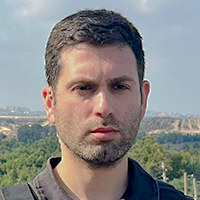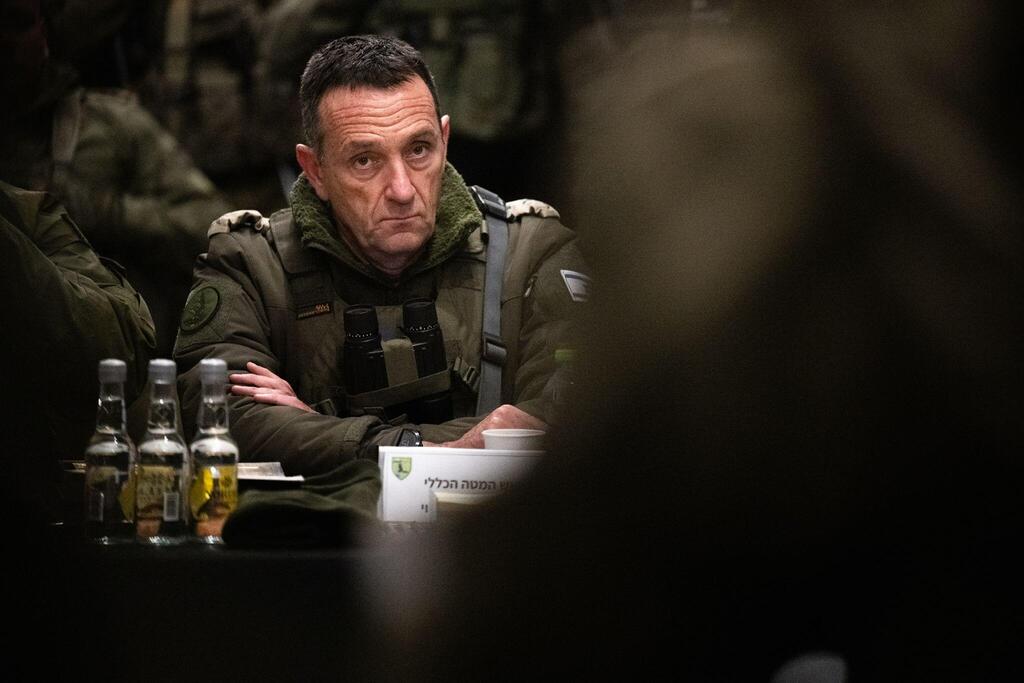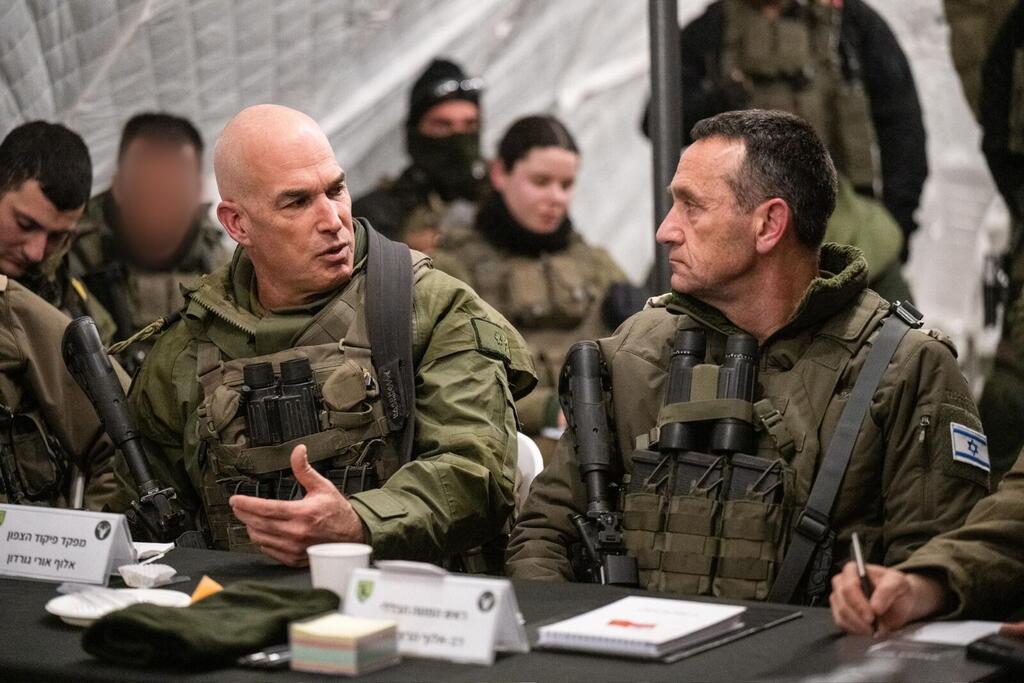Getting your Trinity Audio player ready...
IDF Chief of Staff Lt. Gen. Herzi Halevi dismissed on Saturday claims by Syrian rebel leader Ahmad al-Sharaa, formerly known by his call sign Abu Mohammed al-Golani, that Israel has no justification for its involvement in Syria, saying that the IDF's actions along the border are solely to ensure Israel's security.
Halevi, speaking during a situational assessment on the Golan Heights with senior military officials, said, “We are not interfering in what is happening inside Syria, nor do we intend to govern it. However, we are unequivocally involved in ensuring the security of Israeli citizens living in communities behind us in the Golan Heights. This is something we are handling with professionalism, determination and precision.”
Halevi’s comments follow statements made by Sharaa in which he claimed that Israel no longer has justification for its involvement in Syria following the withdrawal of Iranian forces. Sharaa also said that his forces had no intention of entering into conflict with Israel.
“We are here primarily for the security of the state,” Halevi said, referring to the IDF’s ongoing presence near the border. “We are here to protect the Golan Heights, northern Golan and Mount Hermon. Syria was once an enemy state; its army has collapsed, and there is a real threat that terrorist elements will try to establish themselves near our border. We have acted decisively to prevent extremist groups from settling right next to us."
Halevi also praised the IDF’s preparations along the border, which stretch from Mount Hermon to the Israel-Syria-Jordan tri-border area. “The readiness here is solid and effective,” he said, urging commanders to continue adapting to emerging threats. “Make the necessary changes—you have all the IDF resources and an excellent force at your disposal.”
Meanwhile, Syria’s interim government called on the UN Security Council to take action to compel Israel to immediately stop its attacks on Syrian territory and withdraw from areas it has penetrated in the north “in violation of the 1974 Disengagement Agreement.”
Get the Ynetnews app on your smartphone: Google Play: https://bit.ly/4eJ37pE | Apple App Store: https://bit.ly/3ZL7iNv
In identical letters to the council and UN Secretary-General Antonio Guterres obtained Friday by The Associated Press, Syria’s UN Ambassador Koussay Aldahhak said he was acting “on instructions from my government” in making the demands. It appeared to be the first letter to the UN from Syria’s new interim government.
The letters are dated Dec. 9, days after rebels ousted Assad and ended his family’s more than 50-year authoritarian rule of Syria.
3 View gallery


Syrian rebel leader Ahmad al-Sharaa (Abu Mohammed al-Golani)
(Photo: Abdulaziz KETAZ / AFP)
“At a time when the Syrian Arab Republic is witnessing a new phase in its history in which its people aspire to establish a state of freedom, equality and the rule of law and to achieve their hopes for prosperity and stability, the Israeli occupation army has penetrated additional areas of Syrian territory in Mount Hermon and Quneitra Governorate,” ambassador Aldahhak wrote.
Israel still controls the Golan Heights that it captured from Syria during the 1967 Six-Day War. The Disengagement Agreement ending the 1973 war between Israel and Syria established a demilitarized buffer zone between the two countries, monitored by a UN peacekeeping force known as UNDOF.
In a letter to the Security Council circulated Friday which was also written on Dec. 9, Israel’s UN Ambassador Danny Danon said his country had taken “limited and temporary measures,” deploying troops temporarily in the separation area “to prevent armed groups from threatening Israeli territory.”





